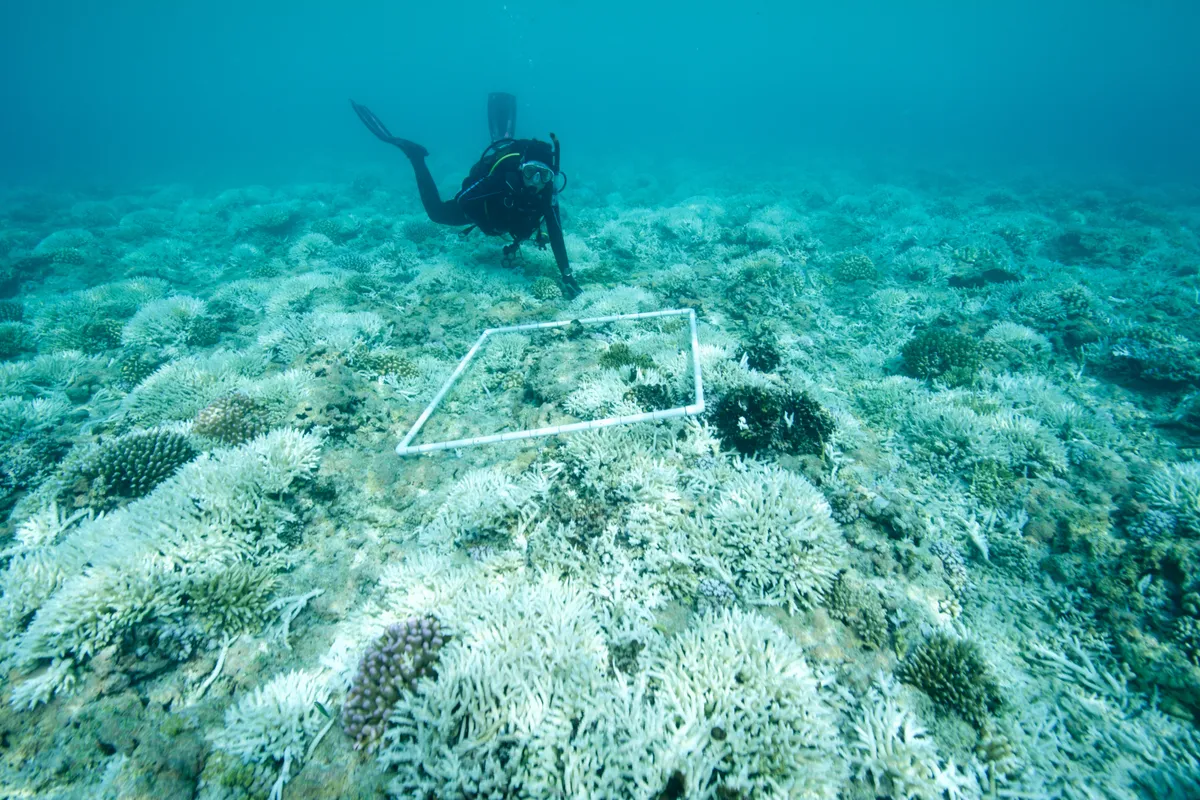New research from the University of Miami has found that cauliflower coral (Pocillopora damicornis), a common coral species, has evolved heightened immunity to deal with stresses caused by climate change.
Cauliflower coral is said to have a unique genome linked to increased immune function, allowing it to adapt to harsher environments, brought on by ocean acidification and climate change.
"The study shows that this is an important coral with a very complex and unique immune system, which may explain why it is able to survive in so many different locations," says lead author Dr. Ross Cunning.
The immune system of corals is vital for how it copes with environmental changes, such as ocean acidification, and this study could help researchers understand how corals react to stresses and ways in which more robust corals adapt to their surroundings.
Anyone that has marvelled at Blue Planet and Blue Planet II knows the beauty of coral reefs and the vast array of sea creatures that these intricate undersea cities house.
However, their importance stretches beyond aesthetics. Coral reefs play a crucial role in the biodiversity of our oceans, as well as providing protection and being a vital food source for marine creatures.
Coral reefs around the world are suffering from coral bleaching, which is when the coral polyps expel the algae living in their tissues.
The most common cause for coral bleaching is when the water becomes too warm or too cold. Other causes include bacterial infections, extreme low tides and exposure, elevated sea levels, ocean acidification, and pollutants (including some common sunscreen ingredients).

As the algae can provide up to 90 per cent of the coral’s energy, corals begin to starve after bleaching, and is more vulnerable to other stresses, such as disease.
Although some corals can recover from bleaching, coral bleaching is a major concern for scientists studying coral reefs.
In 2016, between 29 and 50 per cent of the Great Barrier Reef was killed by coral bleaching.
"Cauliflower coral is traditionally thought of as a weed, and yet it may be one of the last corals to survive environmental changes such as climate change," said Dr. Nikki Traylor-Knowles, an assistant professor of marine biology and ecology at the University of Miami.